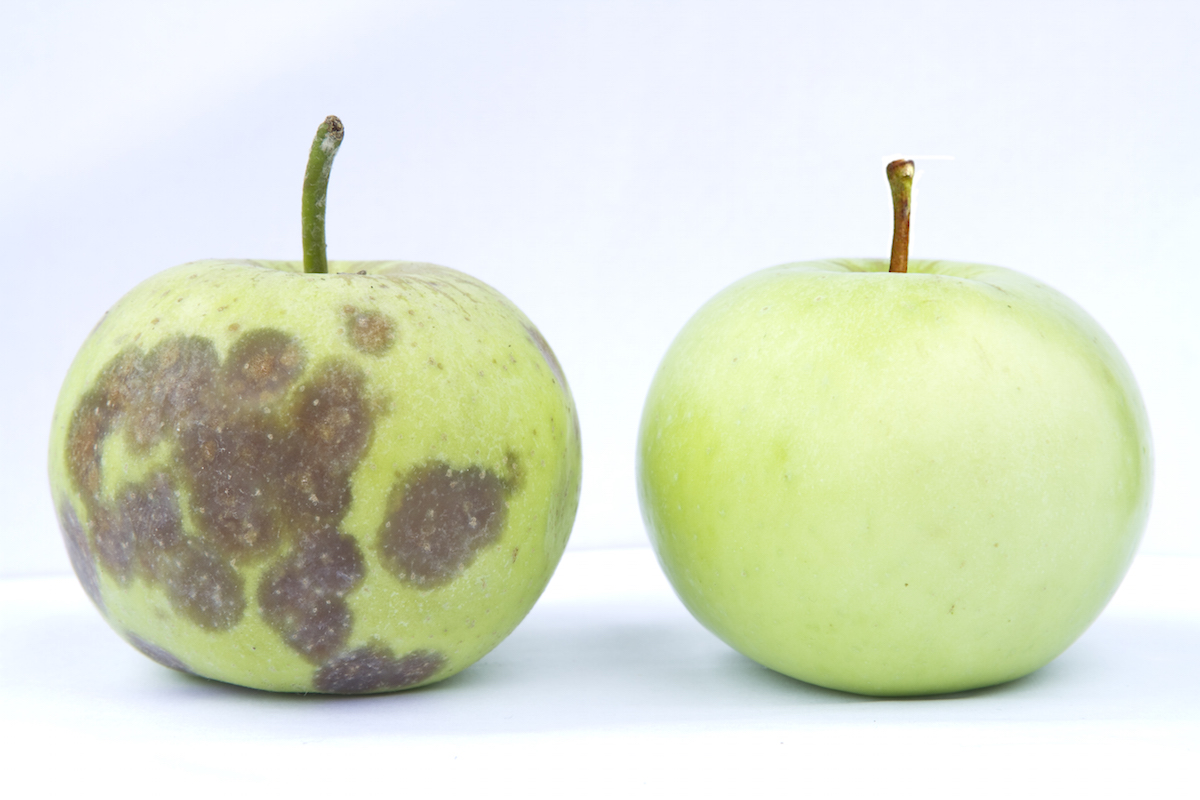The 'bad apples' of the immune system are also its secret weapon, according to major Australian research published in journal Science. In a world first, scientists from Sydney's Garvan Institute of Medical Research have revealed how a population of 'bad' antibodies in the immune system which are usually 'silenced' because they can harm the body can provide crucial protection against invading microbes. The research was carried out in mice.
The 'bad' antibodies are known to react against the body's own tissues and can cause autoimmune disease. For this reason, it was once thought that they were discarded by the immune system or that they were made inactive in the long term. However, the new findings show for the first time that 'bad' antibodies go through a rapid 'redemption' process and are activated when the body is faced with a disease threat that other antibodies cannot tackle.
As a result, the 'redeemed' antibodies no longer threaten the body, but instead become powerful weapons to fight disease and particularly diseases that evade the immune system by disguising themselves to look like normal body tissue.
Carrying out the immune system's toughest task
The new research appears to solve an enduring mystery that has puzzled scientists for decades: How does the immune system attack invading microbes that look almost identical to the body's own molecules, without mounting an attack on the body at the same time?
Campylobacter, HIV and others are particularly problematic targets for the immune system because they have evolved to appear almost identical to the body's own molecules; they are 'wolves in sheep's clothing'. This makes it difficult for the immune system to attack them, because it systematically avoids using antibodies that can attack 'self'.
To understand how the immune system recognises these 'wolves in sheep's clothing', scientists from the Garvan Institute zeroed in on a mysterious army of immune cells in the bloodstream.
'Bad' antibodies are hiding inside silenced B cells
The silenced cell army contains millions of immune cells known as B cells -- which produce antibodies to fight diseases. Unlike other B cells, though, the cells of this army pose a danger to the body. This is because they can make 'bad' antibodies, which can attack 'self' and cause autoimmune disease. For this reason, they are kept in a long-term silenced state (known as anergy).
Three tiny DNA changes turn bad into brilliant
Working with a sophisticated preclinical mouse model, which was developed at Garvan by Prof Rob Brink (Immunology Division) and his team, the researchers showed that the silenced cells can produce antibodies when they encounter an invader that appears highly similar to 'self'.
Crucially, before the cells attack, the antibodies they make are first redeemed through tiny alterations to their DNA sequence. This ensures the antibody that each cell makes no longer attacks 'self', but rapidly becomes a 5000 times more potent weapon against the invading foreigner.
Remarkably, in the model system tested, only three DNA changes were needed to transform antibodies from dangerous cells to effective weapons against disease: a first change to stop the antibody from binding to 'self', and a further two changes to increase their ability to specifically bind the invader.
At the atomic level, a dimple makes the difference
In experiments conducted at the Australian Synchrotron, the research team showed how the three DNA changes rearrange the tips of the antibody in defined ways, so that it becomes much better at recognising the foreign molecule and worse at recognising 'self'. In particular, the redeemed antibody fits neatly around a nanoscale 'dimple' that is present on the foreign molecule but is absent on self.
